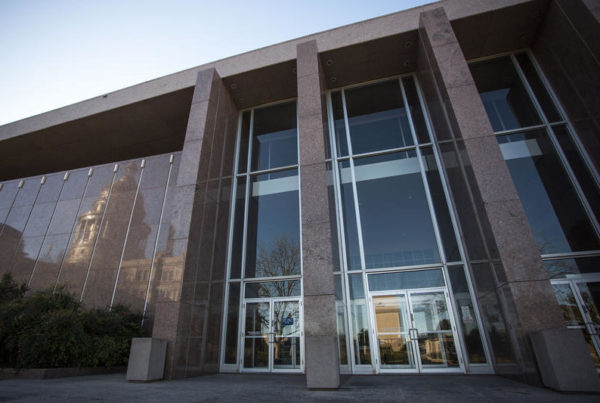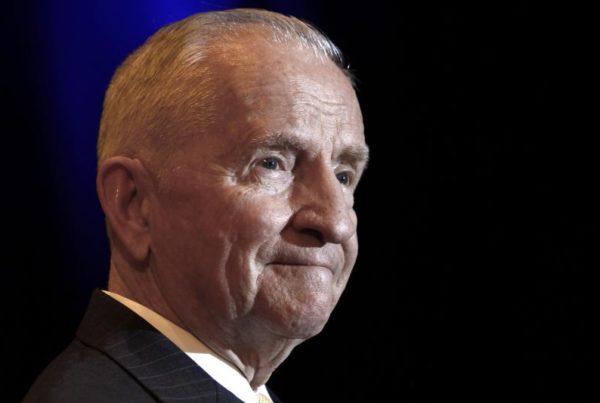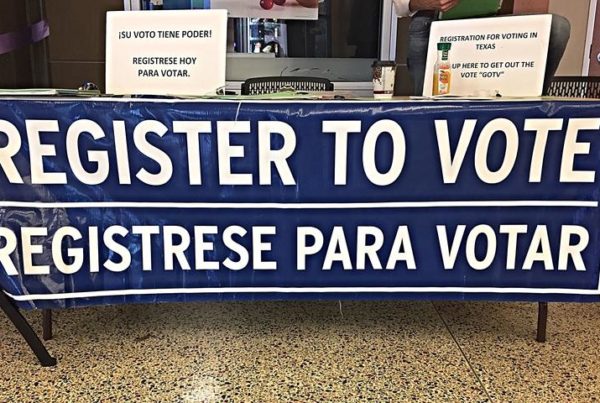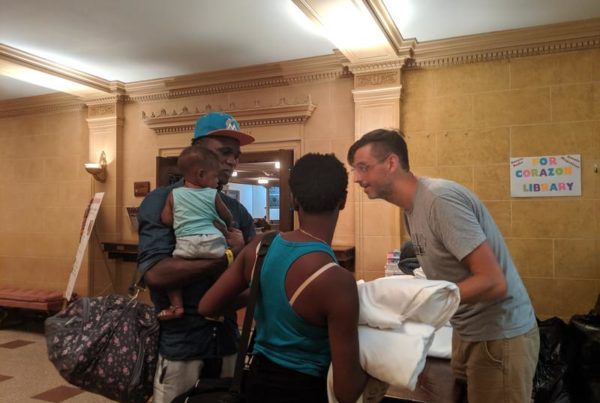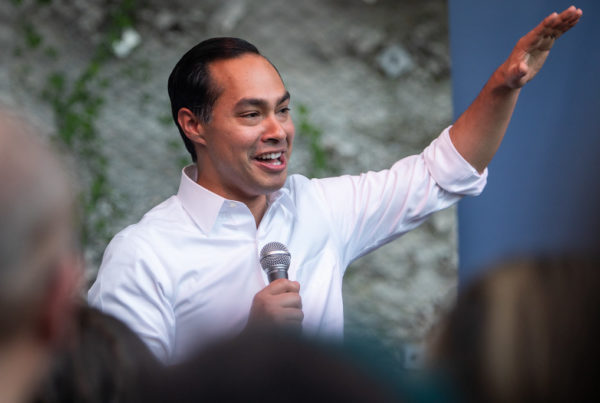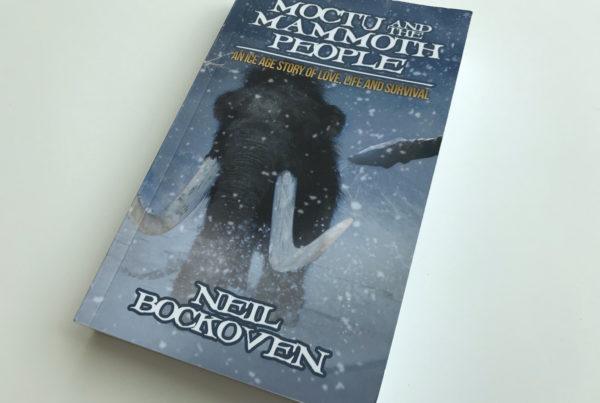The British newspaper The Guardian reported this week that Democratic presidential candidate, and former Texas Congressman Beto O’Rourke, and his wife Amy, are descendants of slave owners.
The news organization used documents from Ancestry.com to confirm the connection. After, O’Rourke shared his reaction on the blog site Medium. Before The Guardian interviewed him for the story, he said neither he nor Amy knew that side of their heritage.
Daina Ramey Berry is a professor of history at the University of Texas at Austin, and says addressing one’s lineage of slavery is difficult, but O’Rourke’s response helped bring the issue out into the open.
“It is a tough history and it’s a hard history and it’s a history that many Americans are not comfortable with,” Berry says. “But his response to me opens up a door for families generations of descendants of slaveholders and descendants of slave people to have open dialogue of this institution.”
Senate Majority Leader Mitch McConnell was confronted with similar information about his ancestors this month, but had a different reaction. Berry says McConnell’s refusal to acknowledge his history was “interesting.” She says the senator’s family history may have come to light because of his opposition to legislation related to reparations for descendants of enslaved people.
“I think that’s what was interesting about his response, is that he didn’t acknowledge that there was a history there, and that was brought out, and we know a lot more about his family history and about the enslaved people his family owned,” Berry says.
To Berry, having slave-owning ancestors shouldn’t disqualify someone form holding office.
“Basically if we did that then we’d have to rewrite American history because most public officers particularly, our first president, George Washington, owned enslaved people,” Berry says.
With reparations legislation on the table, Berry says conversations about slavery in history is fundamental.
“I think [the conversation] happens in a number of spaces,” Berry says. “It could happen in public spaces with town halls and forums, it could happen in our own homes at our dining room tables and have a conversation about what does it mean to be part of this lineage?”
There is at least one positive outcome that could come from reckoning with slave-owning family members of the past.
“I look at this and many of these opportunities as a place to teach and educate our country on our history because this is a part of our history that we’ve often sort of tucked under the rug or didn’t give the details of that history,” Berry says.
Written by Chloe Bennett .






